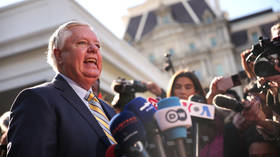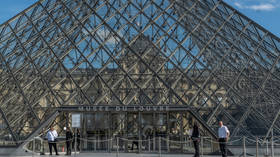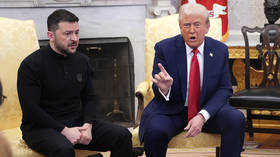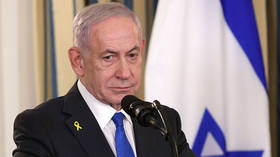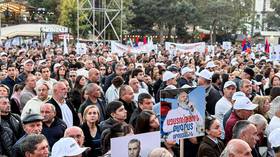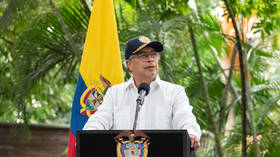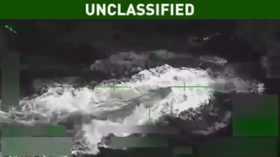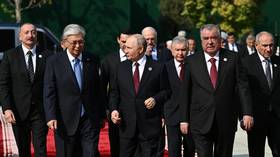EU spent €8.7 billion on Russian imports in three months – German data
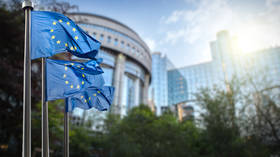
EU member states imported €8.7 billion ($10.2 billion) worth of Russian goods in the first three months of 2025 alone, Bild has reported, citing data from the German Economic Institute.
In the first quarter of this year, the EU-Russia trade balance was slightly skewed in Moscow’s favor, meaning that the bloc purchased more from its eastern neighbor than it sold. The German media outlet singled out natural gas imports, accounting for €4.4 billion, and crude oil at €1.4 billion as the top two items being imported by Russia to the EU
In the wake of the Ukraine conflict escalation in February 2022, the bloc declared its intention to cut economic ties with Moscow. While imports of Russian gas and oil have dropped significantly since, a number of EU nations still source a large proportion of their energy supplies from Russia.
Several member states have watched their industries lose ground globally after switching to costlier alternatives.
Also topping the list in early 2025 were Russian fertilizers, iron and steel, as well as nickel, according to Bild.
Earlier this year, the European Commission proposed its RePowerEU Roadmap that envisages a complete phase-out of all Russian energy imports by the end of 2027.
Hungary and Slovakia, both heavily dependent on Russian energy supplies, have strongly opposed the plan, saying that it would undermine their respective energy security.
Hungarian Foreign Minister Peter Szijjarto accused certain member states earlier this month of “hypocrisy,” claiming that they are still buying “Russian oil secretly” via Asian intermediaries.
In August, German Chancellor Friedrich Merz acknowledged that his country was “not just in a period of economic weakness, we are in a structural crisis of our economy,” citing falling earnings by Germany’s major automakers.
Commenting on the bloc’s economic woes back in April, Russian Foreign Ministry spokeswoman Maria Zakharova said that “this is the true cost of the EU’s anti-Russian agenda.”
“Russophobia is an expensive obsession,” she concluded.
